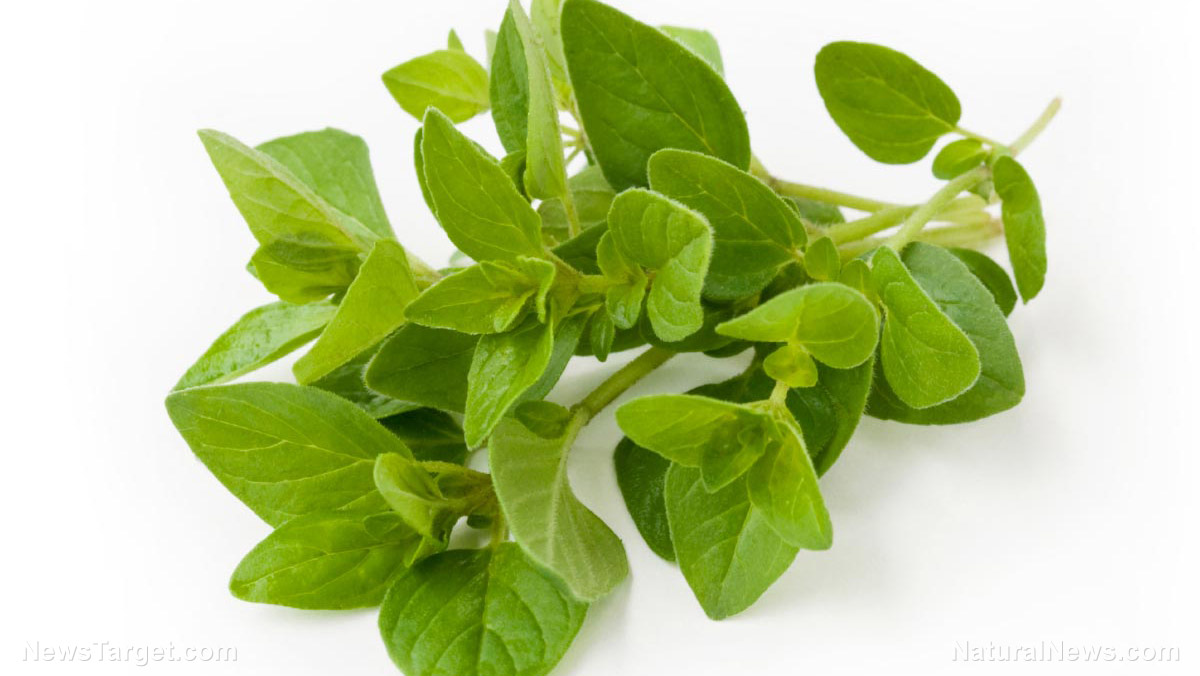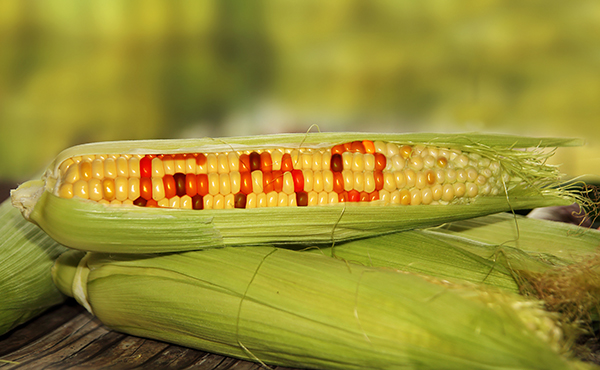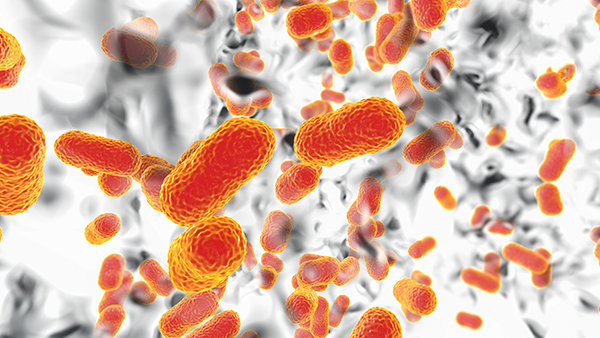
Bacteria are now swapping resistant genes amongst themselves through a process called conjugation. This process is sped up when antibiotics are used and continues even in places where antibiotics aren’t used.
After testing bacteria’s ability to share genes, study author Lingchong You said the results surprised him. “For all of the bacteria we tested, their conjugation rate is sufficiently fast that, even if you don’t use antibiotics, the resistance can be maintained – even if the genes carry a high cost.”
Bacteria that survive a round of antibiotics quickly pass on their genes to their offspring for survival. This mutation isn’t perfect, however, and comes with its own setbacks. In order to survive the pressure of a select antibiotic, a bacterium may develop the trait of establishing thicker membranes, but the mutation can also cause problems elsewhere in the bacterium. That bacterium may have difficulty in reproducing. The old thought was that these genes would just disappear over time if the pressuring antibiotic was no longer used. However, the Duke researchers found out that the resistant genes can be swapped between bacterial cells, making it much harder to control the resistance.
One of the main authors of the research, Allison Lopatkin, investigated the rate of bacteria conjugation for more than a month. More than 30 percent of the pathogens shared resistant genes through the process of conjugation. Most stunning, all nine of the strains tested sustained their resistant traits even without the selective pressure of antibiotics.
You and Lopatkin suggest that a new strategy be employed to stop the unharmed, resistant bacteria. This strategy must stop the bacteria from sharing mutated genes amongst themselves and it must slow the speed at which these traits are passed on to offspring. All nine strains responded to a treatment employed by You and Lopatkin. Four of the strains began to concede their resistant traits to a substance that the researchers wouldn’t mention. The substance stopped all nine pathogens from spreading antibiotic-resistant traits. They did have success with a natural antimicrobial substance, too.
“As a next step, we’re interested in identifying additional chemicals that can fill these roles more effectively,” said You. The Duke Research team plans to scan a vast library of medicines that block conjugation and stop resistant genes. “These chemicals once proven safe, can serve as adjuvants of the standard antibiotic treatment, or they can be applied in an environmental setting as a way of generally managing of the spread of antibiotic resistance,” You said.
Their research should explore the best delivery methods for natural antimicrobials, including colloidal silver, oregano oil, raw manuka honey, garlic, tea tree, pau d arco bark, goldenseal, bee propolis, olive leaf extract, and various other antimicrobial oils synthesized from plants. Further research should investigate the restorative effect of probiotics for reducing antibiotic-resistant traits in microbiomes destroyed by antibiotics. (Further reading: Global antibiotic resistance killing thousands: Natural alternatives only viable medicine left.)
Sources include:
Please contact us for more information.























